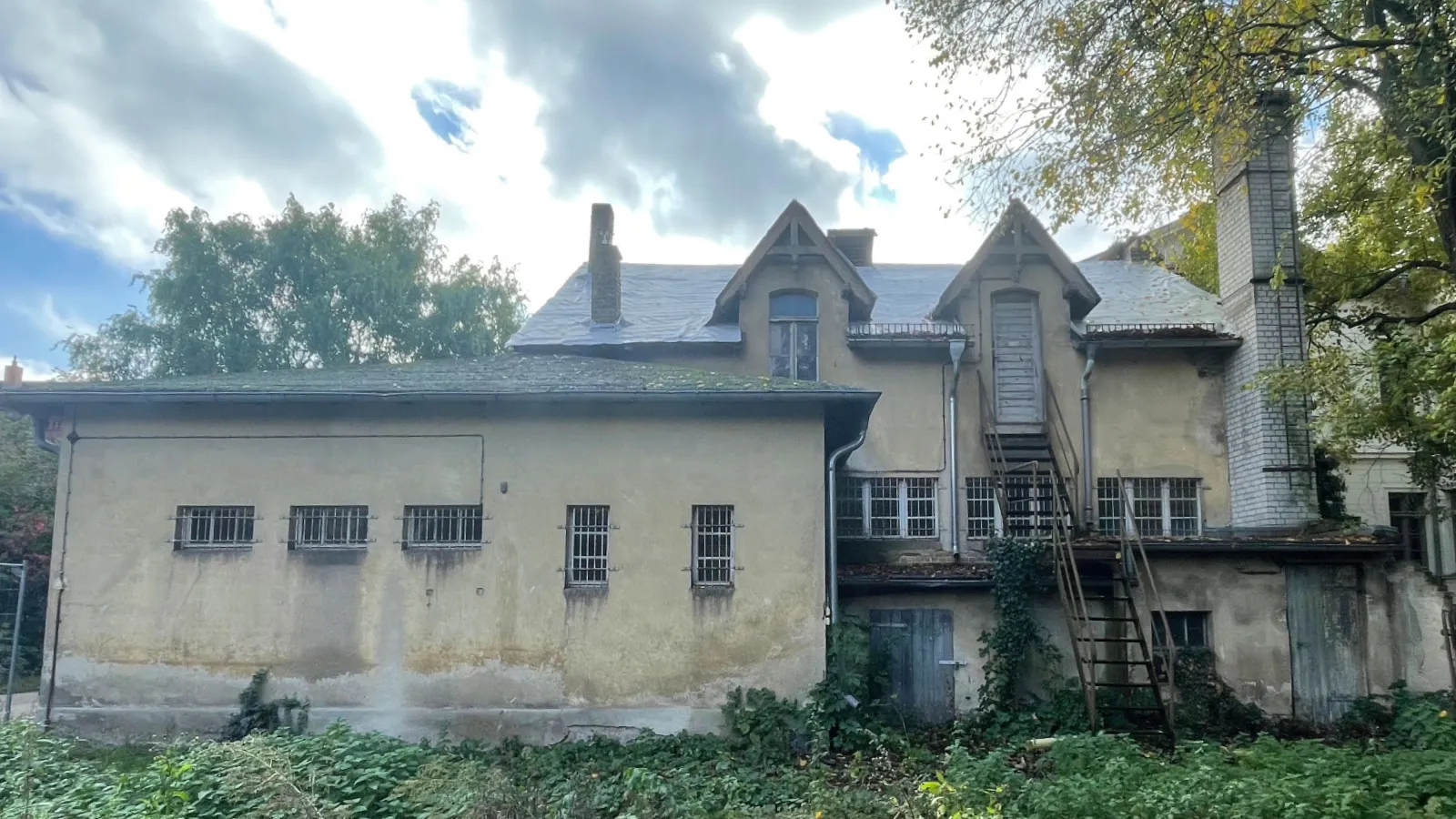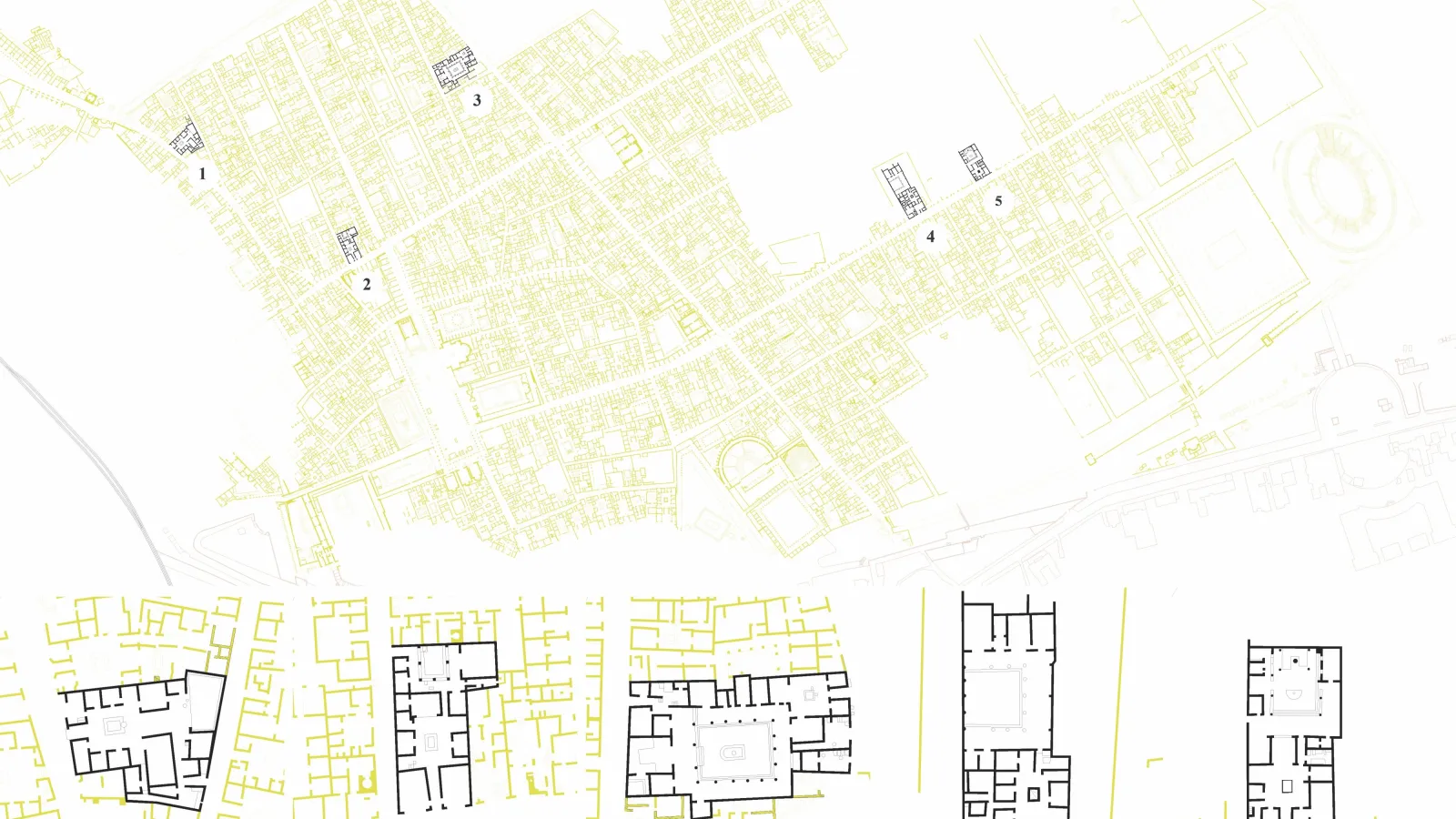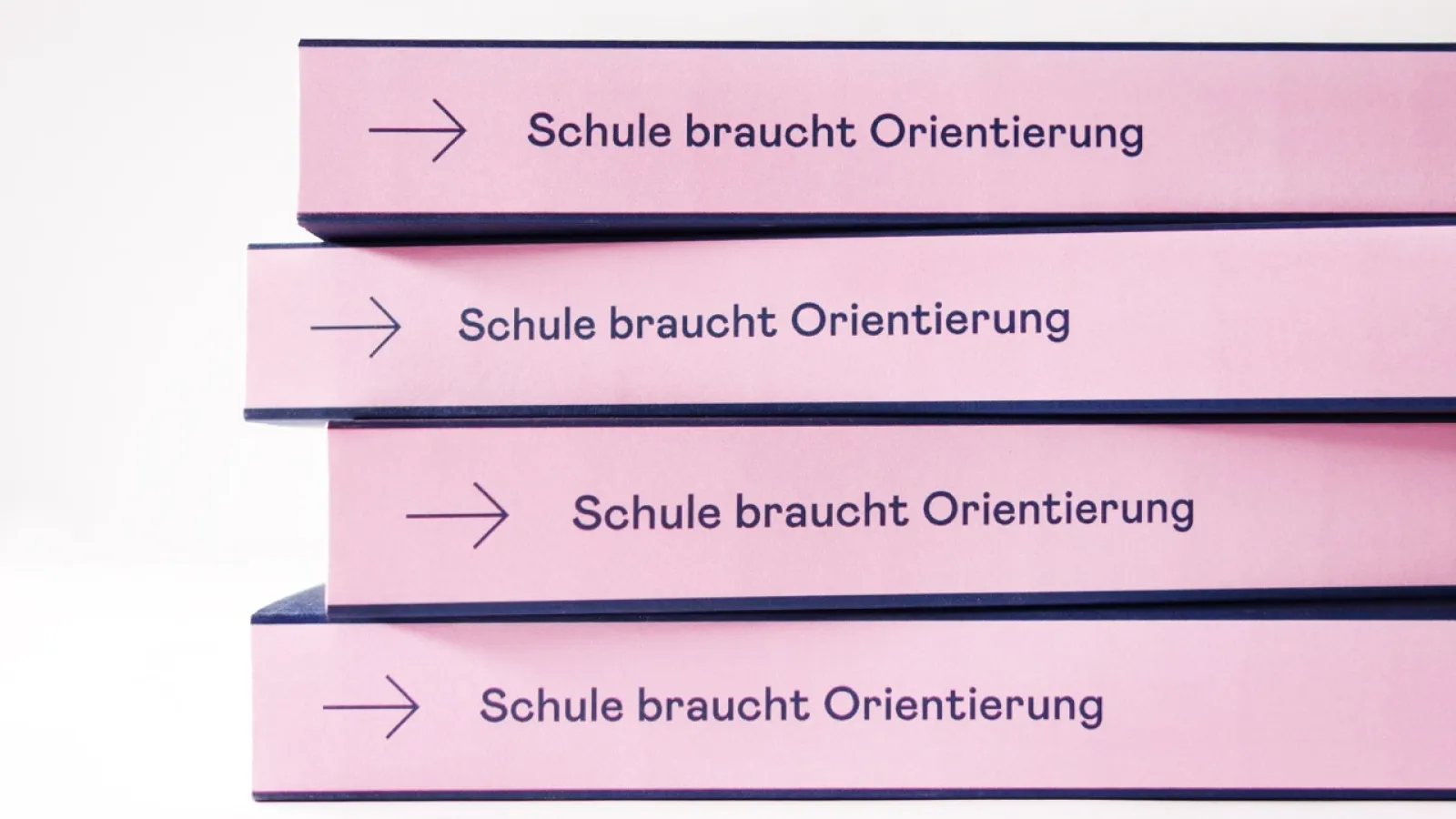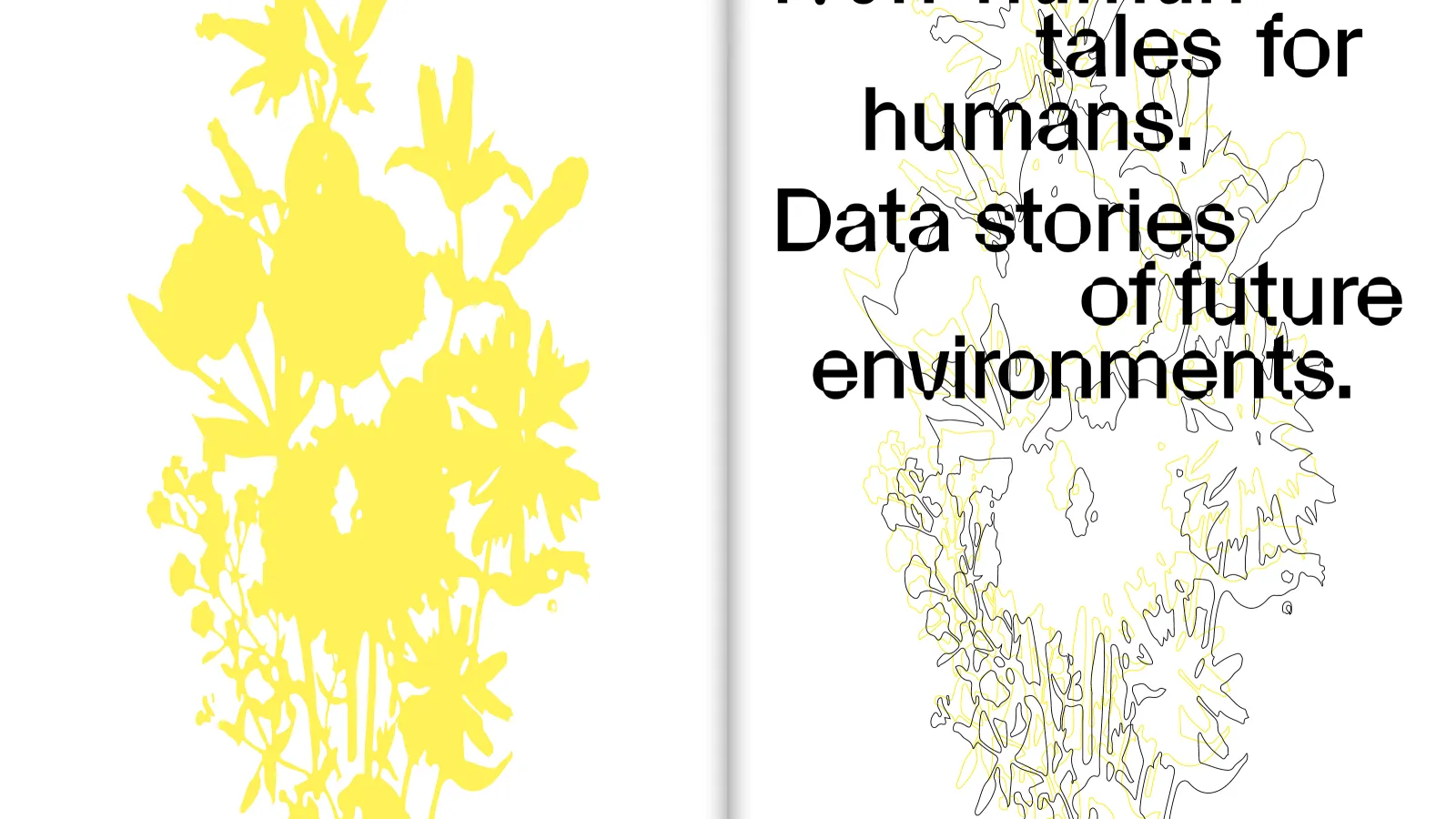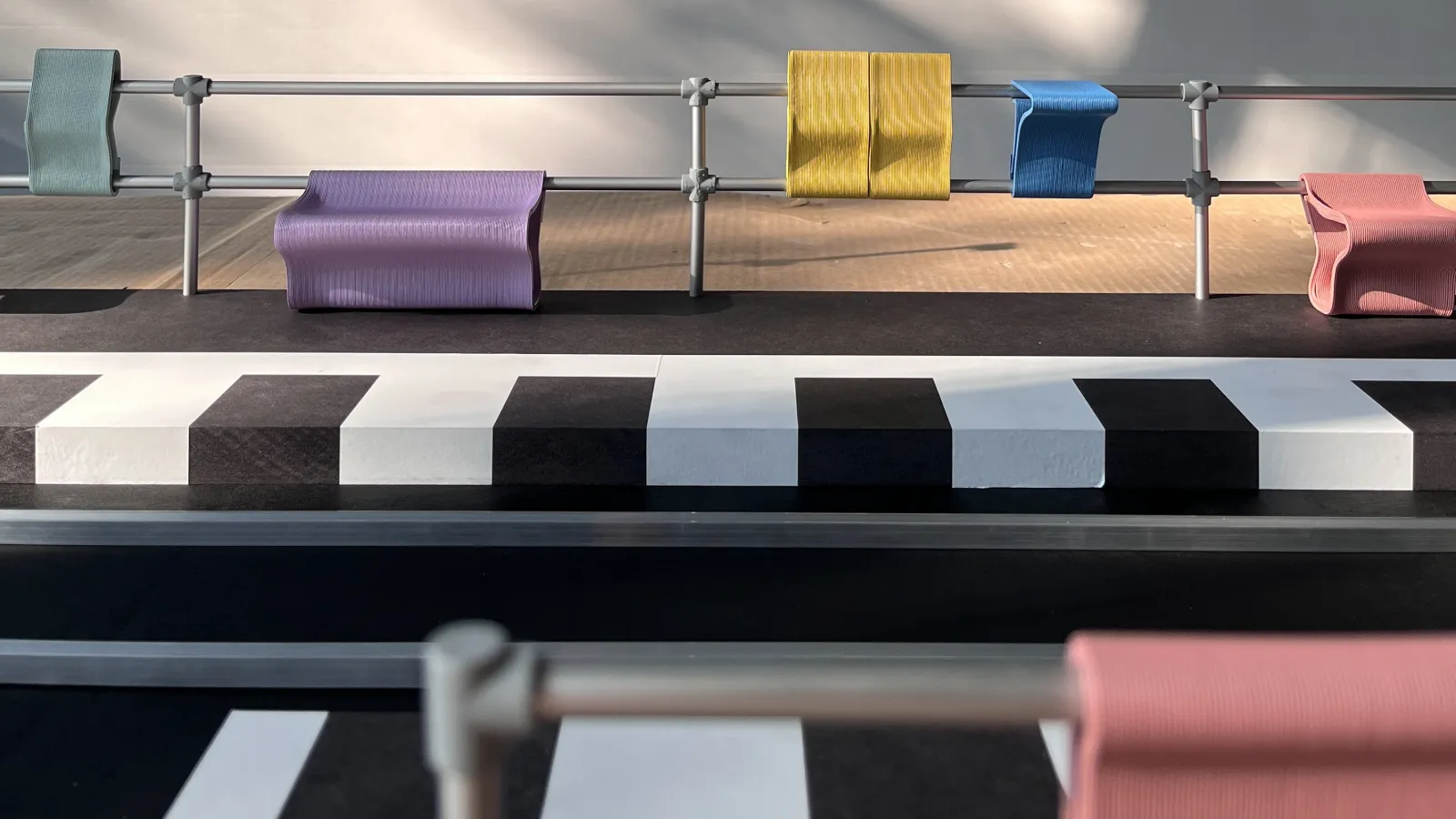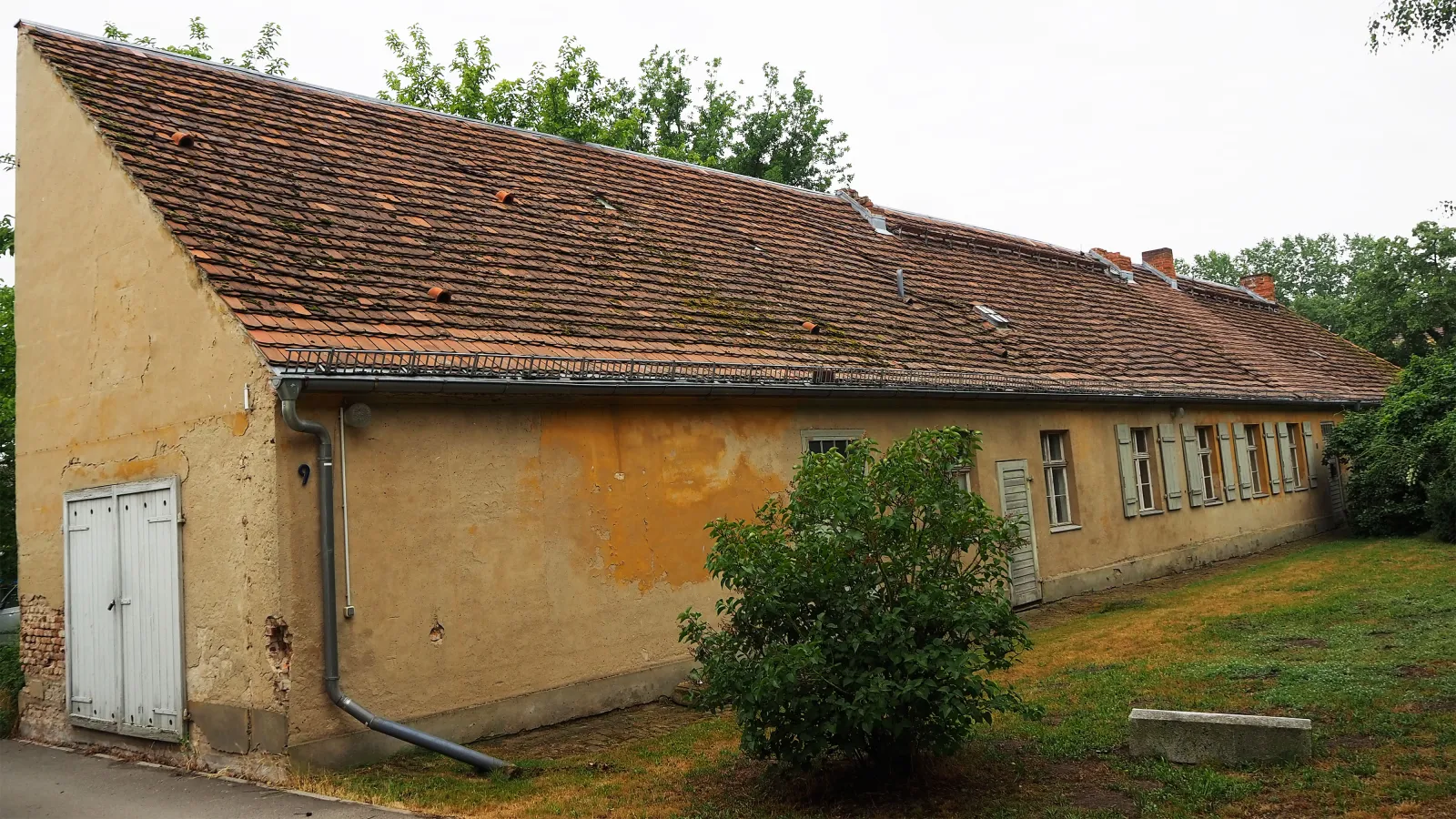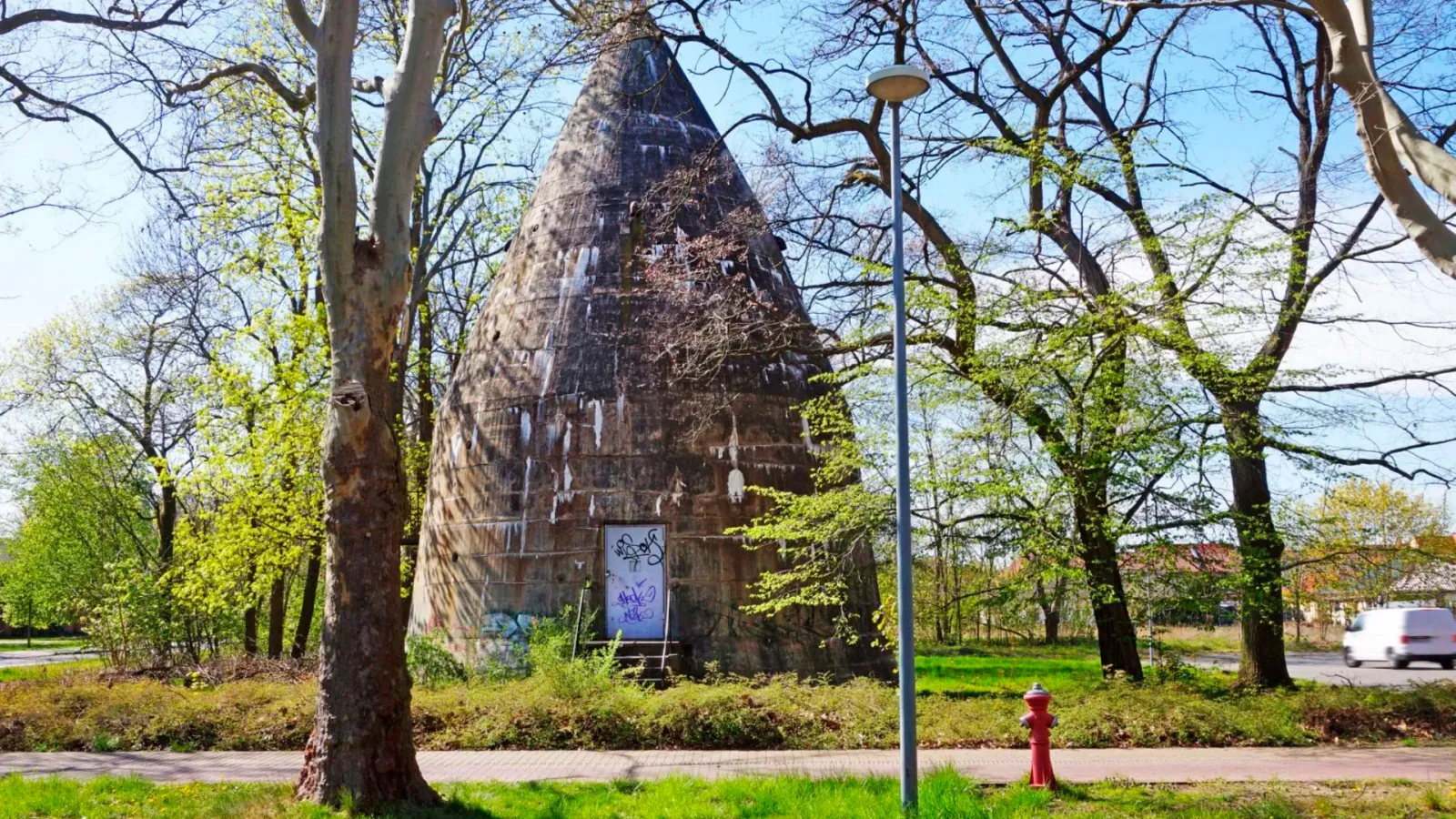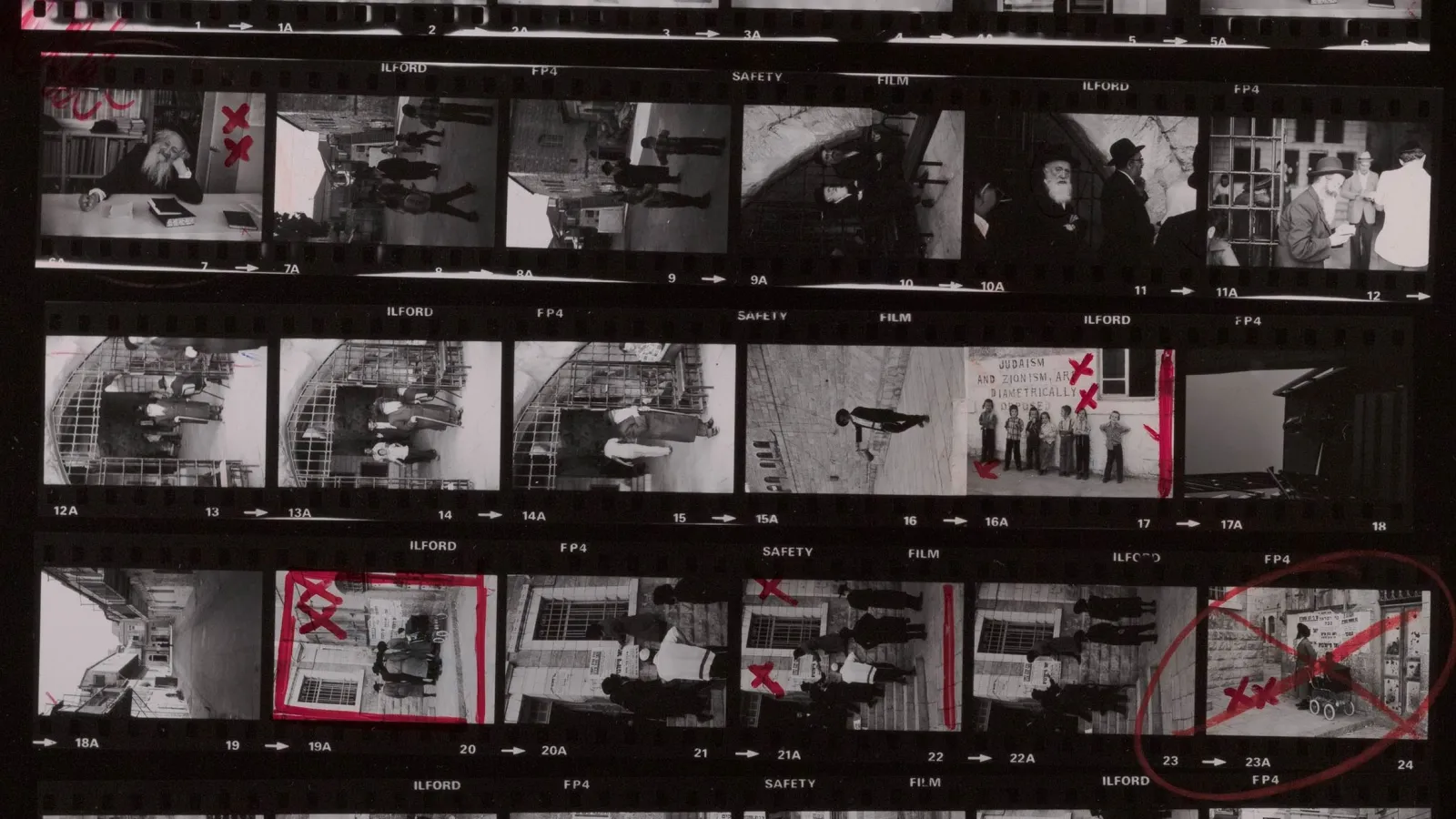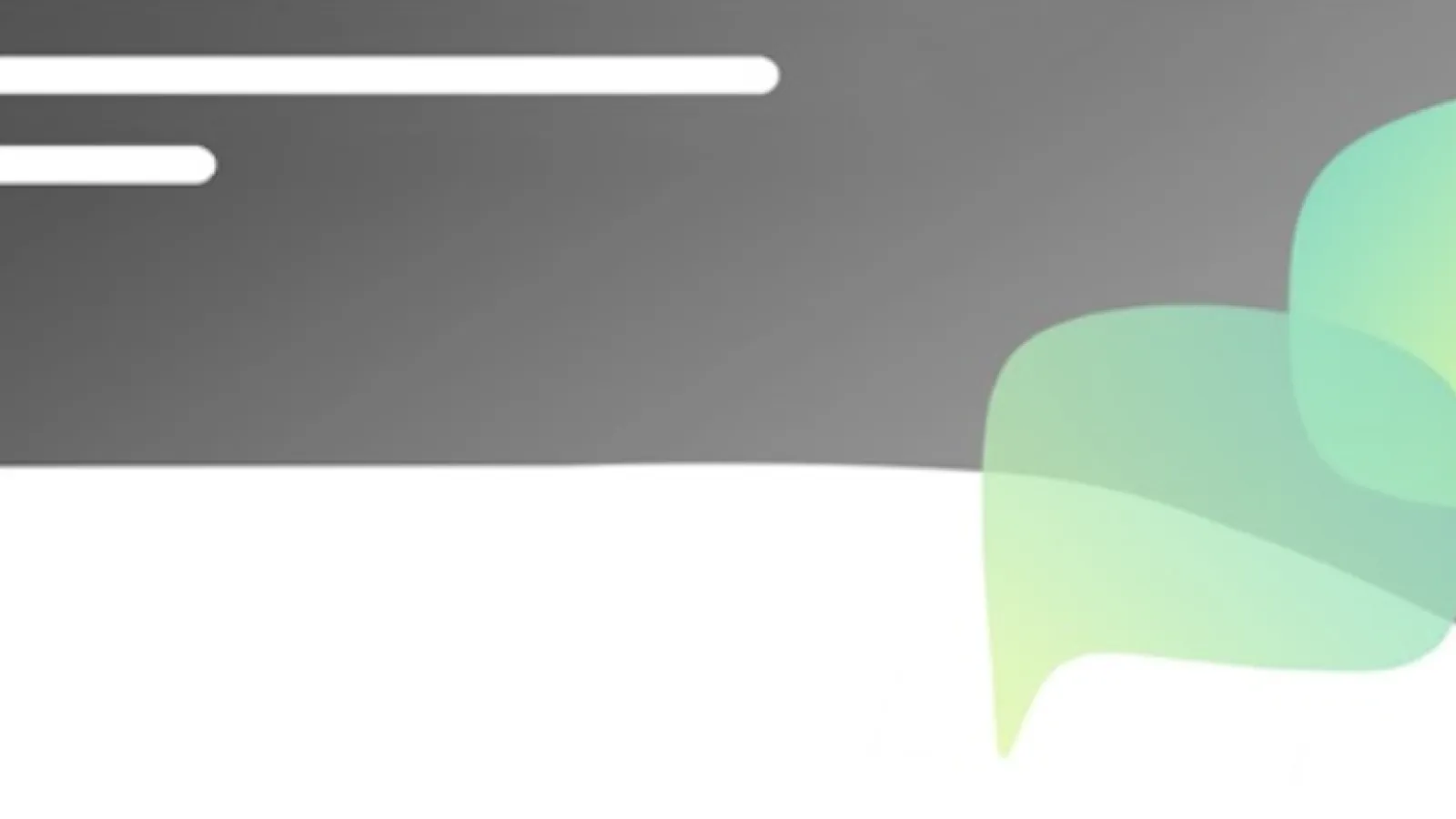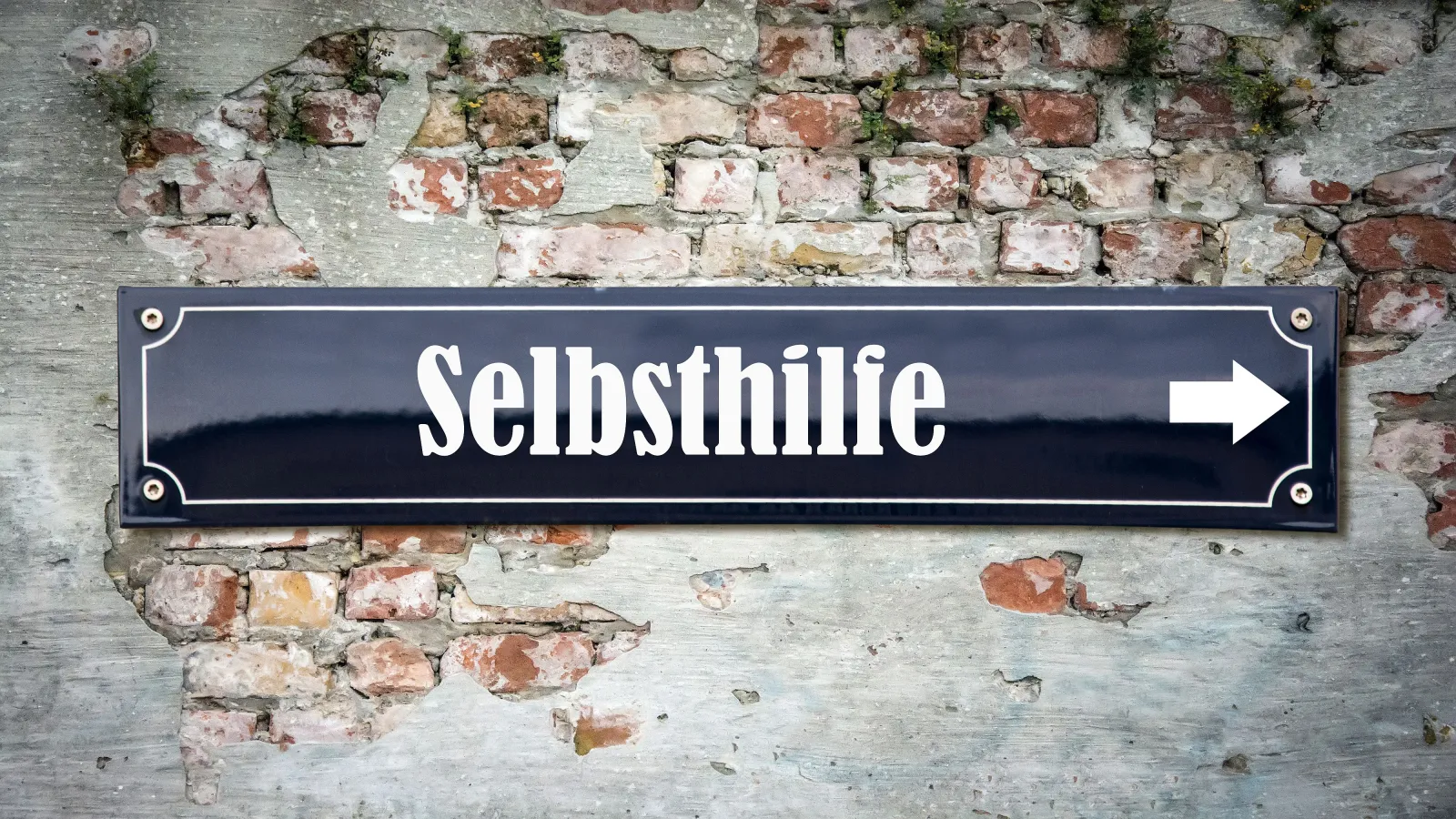From Theory to Practice: Projects at the FH Potsdam at a Glance
Here you will find a current overview of selected projects at the University of Applied Sciences Potsdam. You can filter the projects by departments and degree programs, by project type, or by content focus.
Projects sorted by project period
Historical Building Research and Renovation Recommendations for the Former Post Office in Potsdam's Sanssouci Park
This master's thesis deals with the historical building research of the listed building complex at Lennéstraße 7a in Potsdam. The building complex is located on the grounds of Villa Liegnitz and fits into the ensemble of the Sanssouci Park.
Learning from Pompeii (view from the North). The ancient urban form for the future city
As part of the Erasmus + KA131 Blended Intensive programme, students have the opportunity to engage intensively with the city of Pompeii in both a digital and analogue component and to derive new design ideas through international exchange.
Non-human Tales for Humans. Data Stories of Future Environments.
Weaving different perspectives into future stories
Drängende Gegenwart – Photography as a Research Tool
The exhibition showed photographic works that dealt with the societal and social challenges of the present day. It was on display from the 12th of July until the 8th of September 2023 at the Brandenburg State Parliament in Potsdam.
MORARI – Redefining Comfort at Station
Morari (Latin for linger) is a six-part urban furniture series developed in collaboration with Jesse Altmann, Valentina Lenk and Klara Schneider, which questions the comfort at bus stops using Potsdam as an example.
Servants' Lodge of the Melonerie in Sanssouci Park
Draft of a refurbishment strategy in line with heritage requirements
Event Series "Elternwissen" with the Healthy Kids Network Potsdam
Events for parents with infants and toddlers aged 0 to 3 years with topics about parenting and child development in the first three years of life
Conservation of the Outer Shell of a Winkelbunker in Kirchmöser, Brandenburg
The building is to be analysed and documented in order to plan suitable measures for its repair and long-term preservation.
GraDiM: Granularities of Dispersion and Materiality – Visualising a Photo Archive on Diaspora
In collaboration with photographer Frédéric Brenner and his international project team, the GraDiM research project is developing theoretical and technical concepts for the visualisation of a photo archive with particular sensitivity for a collection documenting the Jewish diaspora.
Innovative Digital Media as a Learning Environment for Challenging Forms of Conversation in Social Professions
In the "ConvoQuest" project, innovative digital media as learning environments are being investigated and tested. The project focuses on a course at the FH Potsdam from the summer term of 2023, in which students developed prototypical, innovative learning environments. In the future, these can be used as a source of knowledge for questions about conversation techniques.
Self-help in the Context of Addiction, Penal System and Release from Prison
The study examines addiction self-help services in prison and after release from prison.
